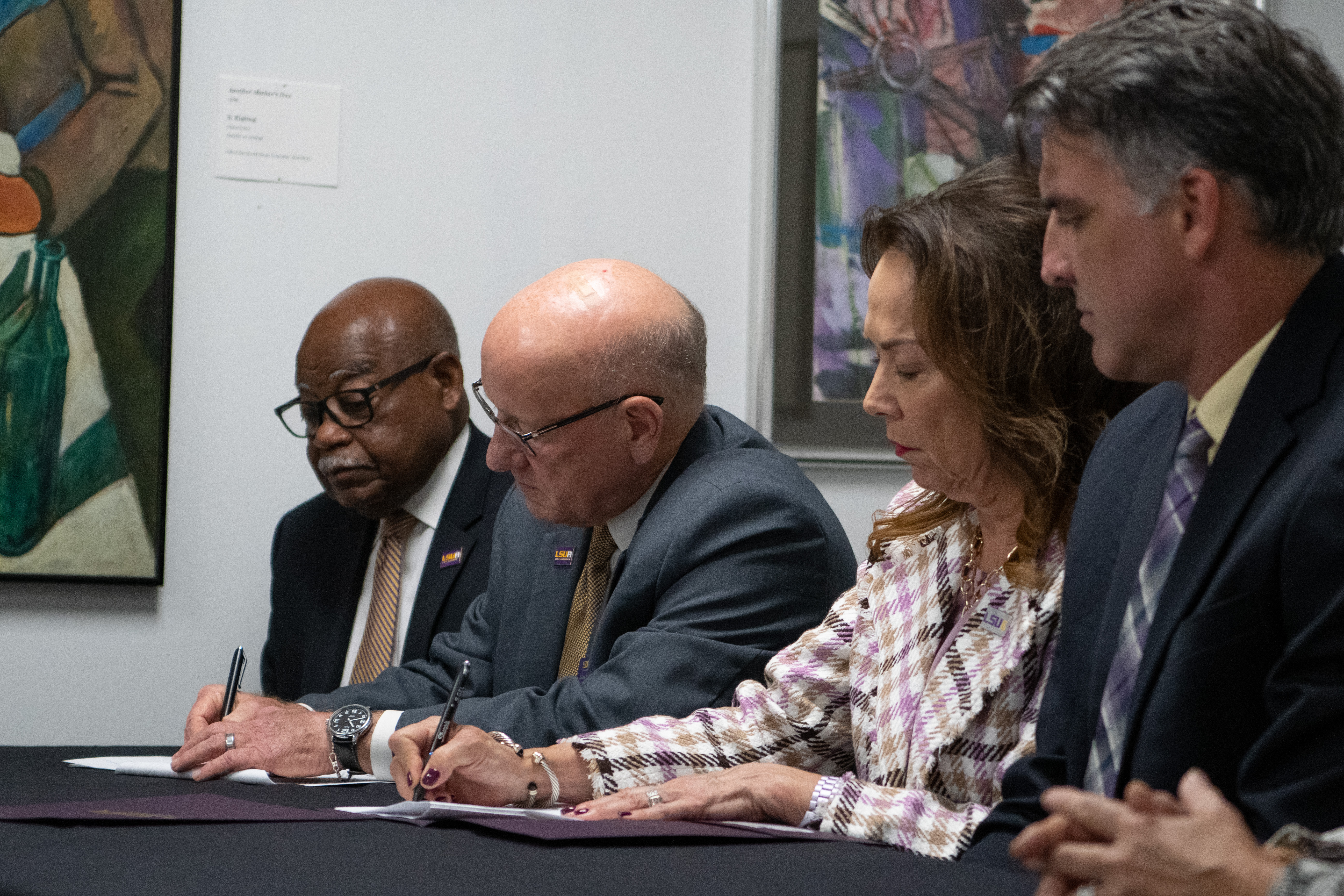Respondant Information
LSU Eunice is committed to provide a learning, working, and living environment that promotes integrity, civility, and mutual respect in an environment free of discrimination on the basis of sex and sexual misconduct, which includes: sex discrimination, sexual harassment, dating violence, domestic violence, sexual assault, stalking, and retaliation.
In the event a member of our campus community is accused of sexual misconduct, that individual has a right to speak with a Confidential Advisor, who will provide information and resources throughout the complaint process. Individuals accused of sexual misconduct are referred to in the process as the “respondent”.
Confidential Advisors
- Receive specialized training regarding campus policies and laws in order to support and advise students, faculty, and staff before and/or during the complaint process.
- Will not report any personally identifiable information provided by you to the Title IX Coordinator or law enforcement without your permission (unless required to do so by law in the following situations: a crime against a minor, elderly, or disabled person is reported or an immediate threat to oneself or others is revealed).
- Accompany you to interviews and other proceedings outlined in the campus complaint process, including disciplinary proceedings (but may not act as a spokesperson).
- Advise you of reasonable accommodations offered by the institution (e.g., no-contact orders, class/work/living changes, counseling services).
- Refer you to the appropriate on-campus (e.g., Counseling Services) and/or local community resources, when appropriate.
- Serve as a liaison between you and the institution or local law enforcement, if you direct them in writing to do so.
- Report statistics (in a way that does not identify you) for the Annual Title IX Report and Clery Report.
Respondent’s Rights
- To receive written notice of the allegations being made against you.
- To have an advisor and/or confidential advisor present during any meeting conducted under Permanent Memorandum 73 (entitled Title IX and Sexual Misconduct Policy).
- To have the matter investigated by a specially trained investigator(s).
- To have the matter investigated in a fair and timely manner. (Investigations are typically completed within 60 business days.)
- To have oral statements and documentary evidence considered during the process.
- To review all documentary evidence being considered.
- To resolve the matter through an informal resolution process, if appropriate and if both parties agree.
- To have the matter resolved formally (in the event informal resolution process is not agreed upon or appropriate).
- To have witnesses present information on your behalf during the formal resolution process.
- To be informed of the findings, outcome, and rationale for the decision.
- To appeal outcomes imposed through the formal resolution process.
Retaliation for reporting an incident or participating in campus proceedings is strictly prohibited and can result in disciplinary or other action.




